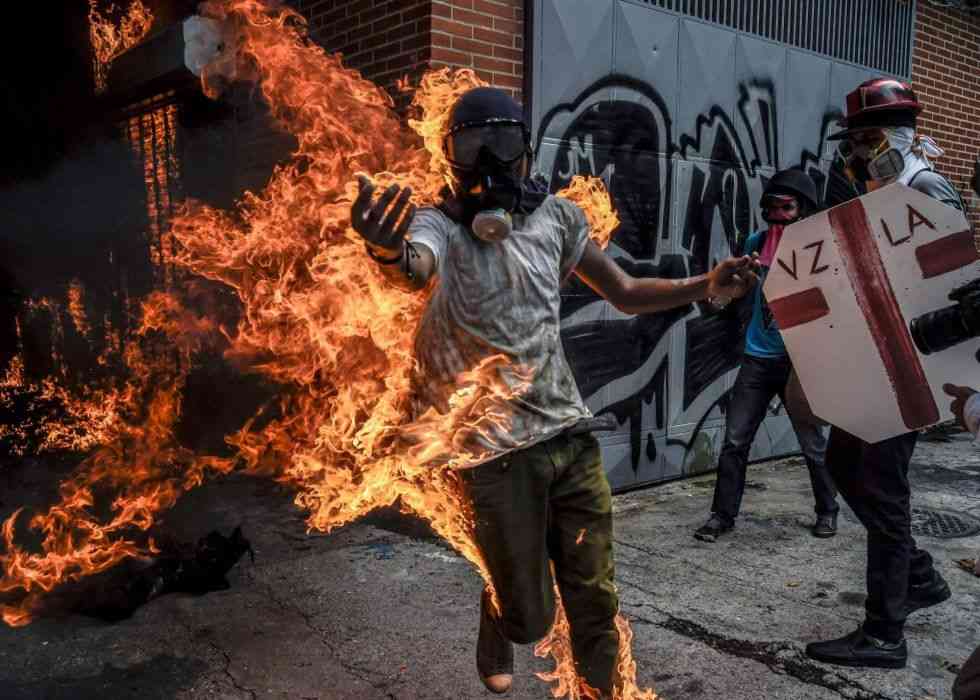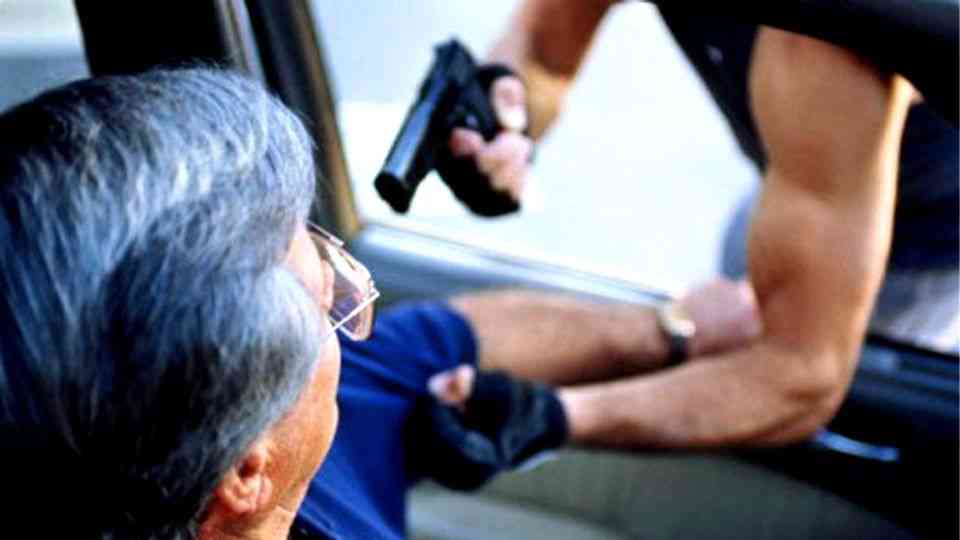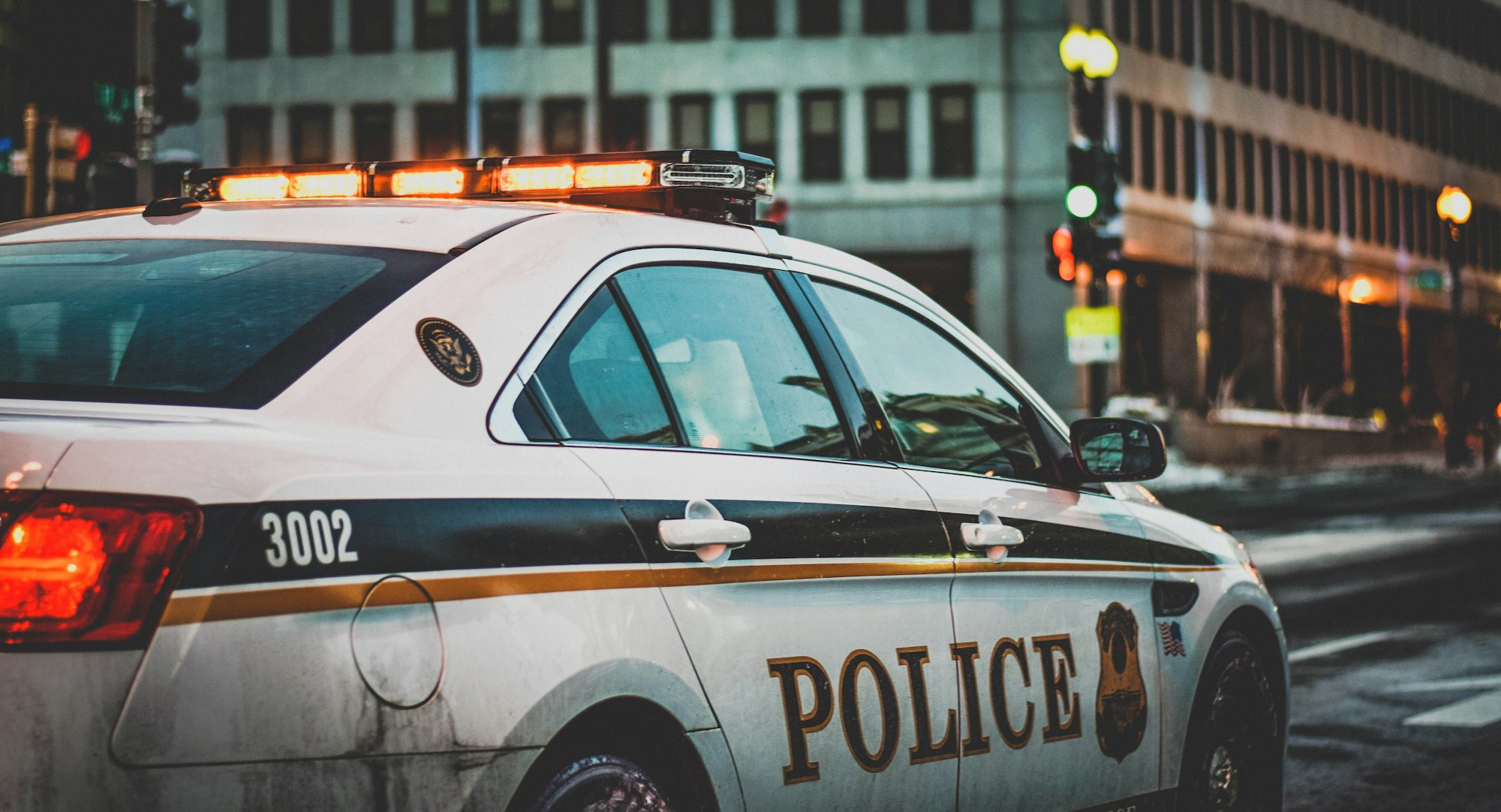The great political philosopher John Locke wrote "There is no freedom without law" that is the idea for the creation of law enforcement agencies to uphold the law and checkmate the freedom of its citizens but the idea is a problem to that freedom.
Police brutality is a global phenomenon that cuts across all forms and structures of governance and the social fabric of nations. It is a silent pandemic that has been ravaging humanity since the creation of the police force and no state is immune from this deadly social pandemic in the world. (article continues below)

According to the United Nations, as an international governmental organizations saddle with the power to regulate States behavior and conduct with the protection of fundamental Human Right created principles on the use of force and firearms by law enforcement, Principal 9 states:
Law enforcement officials shall not use firearms against persons except in self-defense or defense of others against the imminent threat of death or serious injury, to prevent the perpetration of a particularly serious crime involving grave threat to life; to arrest a person presenting such a danger and resisting their authority or to prevent his or her escape and only when less extreme means are insufficient to achieve these objectives. In any event, intentional lethal use of firearms may only be made when strictly unavoidable to protect life.[1]
This principle serves as a deterrence for the use of excessive forces by a law enforcement agency created by the States to preserve law and order. Police brutality remains a global topic.
A Global Pandemic
Pandemic is a disease that has exceeded expected case levels and also spread over many countries and often many continents,[2] example is the COVD-19 pandemic that has claimed a sizable amount of death at the global stage and this applies to police brutality.
As fresh videos of police brutality are endlessly broadcasted and rapidly disseminate throughout the various platforms of social media, the public’s perception of police brutality is expanding. However, the dilemma remains a leading issue across the world, by expressing no clues of improvement.
Police misconduct is a major issue in which police brutality is one of the several misconducts; false arrest, intimidation, racial profiling, political repression, surveillance abuse, sexual abuse, and police corruption. All these have been a recurrent decimal that perpetually implicates law enforcement agencies in the world.
In the United States, an organization tracking police killing; killedbypolice.net puts the statistic from 2015 - 2019 at 4938 alone. Between 2008 and 2013, Brazil documented an average of 2,200 annual civilian deaths by the cops, according to data in a Brazilian Public Security Forum (BPSF). Juliana Barbassa (a journalist in Brazil), interpreted the Brazilian police force as expressing some “very ugly cases of abuse of power,” comprising of torture and extrajudicial or unlawful killing of civilians, and the concealment of their bodies. (3)

Sudan and nascent South Sudan are known to have one of the most corrupt police forces in the world. Leaked videos on social media platforms, which show police officers beating people in the street accused of theft. Sudan law enforcement officers seemingly act in their interests, by desiring bribes to pursue criminals and then using brute force to mute the citizens and provoke fear into the hearts of complaints.
Police brutality is a global pandemic that respects no races, ethnicity, gender, or religious affiliation. It stretches across all continents.
The Nigeria Story
Policing in Nigeria is a product of colonial heritage created to make members of the public submissive to their colonial control.
Police brutality in Nigeria is as old as the Nigerian Police Force, in which the colonial police unit were tools used by the colonial masters to perpetuate its imperialistic goals. The Nigerian Police Force was a product of colonial subjugation that was formed in 1861 with 30 consular guards and later transformed into the Hausa Constabulary in 1879 while in 1888, 1894, and 1896 The Royal Niger company constabulary in Lokoja, Niger constabulary in Calabar and Lagos police were formed respectively. In 1907 was the beginning of reorganization by the colonial government to consolidate its administration, this reorganization also consolidated the different policing outfits in its colony. It was in 1930 that the Northern and Southern police were merged into a single administration with its headquarters in Lagos. In 1943, the British colonial government enacted the Nigerian Police Act.
The British colonial government-operated and employed a different system of policing in its protectorates in Nigeria (which was based on the level of how centralized or decentralized the society before it merged the police units as one). The method of policing in colonial Nigeria was one that, a means of socialization in which the people were brought close civilization in terms of the acceptance of the colonialist norms of order.
The British left an oppressive system of policing in which the bidding of a selected few must be enforced with disregard to human rights and privileges. This colonial system of policing was what they left for Nigerian leaders to work with unlike the British method of policing that centered on the principle of policing by consent also known as Robert Peel’s, a principle of policing that was enacted in 1829, which is 32 years before policing was introduced in Nigeria.

In 1960, Nigeria independent constitution established a Nigerian Police Force as a central policing force charged with the responsibility for the maintenances of law and order throughout the newly independent Nigeria, with little or no change to the colonial policing that reflected the colonial training program which members of the Force were expected to use in making the members of the communities subservient and this has been the bedrock of Nigeria police brutality.
Nigeria’s Police Brutality
According to the Nigeria Police Act which states that “In the individual exercise of his power as a police officer, every police officer shall be personally done for any misuse of his power, or any act done more than his authority”. This section of the act clearly states that a police officer can be charged “personally liable for any misuse of his power” but this has no effects on combating police brutality in Nigeria. (4)
Police brutality is not only rampant but manifested in different ways which are; unlawfully arrest, torture, assault extortion, extrajudicial killing, and kidnapping. Police brutality in Nigeria is frequently carried out among members of Special Task Forces created by the Nigeria Police Force to address the widespread kidnappings, killing, and armed robbery in the country. In research conduct by SBM Intel, an Africa consulting firm; exposed the rate of unlawful killings carried by members of the Nigeria law enforcement agency from 6th of January – 8th of October, 2020 (5) recorded 42 killings and 8 assaults cases, these cases cut across all the geopolitical zones in the country.
| Lagos - | 9 killed, 1 assault |
| Delta - | 4 killed, 1 assault |
| Abuja - | 3 killed |
| Osun - | 3 killed |
| Katsina - | 1 killed |
| Oyo - | 1 killed |
| Bayelsa - | 3 killed |
| Kaduna - | 1 killed |
| Abia - | 4 killed |
| Anambra - | 2 killed, 1 assault |
| Ogun - | 3 killed, 1 assault |
| Rivers - | 2 assault |
| Bornu - | 2 assault |
| Adamawa - | 2 killed, 1 assault |
| Imo - | 5 killed |
| Enugu - | 1 killed |
One of the most notorious special forces accused by the Nigerian public for its undeniable role of brutality is the Special Anti-Robbery Squad (SARS). This special unit of the criminal department of the NPF was created in 1992 to protect and curb the high spat of armed robbery recorded in the major cities, SARS is the dreadful anti-crime unit and the tactical responses team of the NPF on armed related crime and is now synonymous for brutality on innocent citizens. It should be noted that the SARS in his earlier formation was not an embodiment of brutality on innocent citizens rather is the accumulation of organizational and societal issues that transformed it into a force of brutality (due to space I will only explore the organizational causes of police brutality)
Organizational causes of Police Brutality
Systematic racism, racial profiling, corruption, religious affinity, and sexual orientation were the major causes of police brutality in developed countries, but in Nigeria, the fuel on police brutality fire are through frustration-aggression, and Order 237, while corruption and racial profiling are constant issues associated with policing in the global and is a constant feature of police brutality.
Frustration - Aggression theory or displacement theory is what social scientists used to analyze the behavior of an individual or group of personal reactions to their environment, how then is this applicable to the cause of police brutality in Nigeria? This answer lies in the poor working condition which can be linked to the inefficient and corrupt officers in the police force in Nigeria. The poor severance pay (N26, 159 equivalent to $170 per month) has undermined their self-esteem, morale, and social status which relegated them to a habitual dependent state of frustration and perpetual aggression
The theory agrees with the fact that when people are frustrated they can be aggressive and if frustration continues they have this constant aggressive behavior which can incite their violent and irrational response in a displaced manner which translates to the brutality meted on citizens they sworn to protect.
Nigeria Police Force Order 237 which is an excerpt from Rule book for the use of firearms by the police expressly permits officers to shoot suspects and detainees who attempt to escape or avoid arrest which contravenes Principle 9 of the United Nation Basic Principle on the Use of Force and Firearms. This rule is what makes police get away with murder, it helps some rogue police officers to operate under the umbrella of this order to evade persecution. Order 237 is the immunity from prosecution. Also, the lack of a system of consequences is responsible for the systematic police brutality meted on Nigerians by the Special Squads of the Nigeria Police Force. The NPF has an oversight mechanism created to investigate matters of police misconduct in discharging their duties, the X-Squad is the internal body responsible to investigate police misconduct while the Police Council is charged with overseeing the organization, administration, and general supervision of the Nigeria Police Force.
Way forward
To curtail police brutality in Nigeria is from the Government and Police force to embark on massive reforms (not those cosmetic reforms in the past), and Order 237 should be repelled and an independent Watchdog. These massive reforms should entail reorganizations, disbandment, or possibly bans on special squads who are constantly fingers as perpetrators of police brutality (SARS), the reorientation and training of police officers to keep up with the latest trends on security issues and effective policing. Also an increase in the salary of the police force with a better severance package. The creation of an Independent Watchdog that is complete freedom from the NPF control serves as the right check and balance of police misconduct. The Nigeria government in its reforms should consider employing the Principle of Policing by Consent in training and orientation of officers and let it be known that “the police force is the public and that the public is the police”.
Endnotes:
- Principle 9, United Nations' Basic Principles on the Use of Force and Firearms by Law Enforcement Officials. Adopted by the Eighth United Nations Congress on the Prevention of Crime and Treatment of Offenders, Havana, Cuba, 27 August to 7 September 1990.
- Time Magazine"Warning: The Next Global Security threat isn't what you think. 15th May 2017 p.27
- https://theowp.org/reports/police-brutality-a-global-phenomenon/
- Section 341 Police Act CAP 359 of the laws of the federation of Nigeria 1990)
- SBM Lethal Encounter & the Economic of Police Brutality in Nigeria



